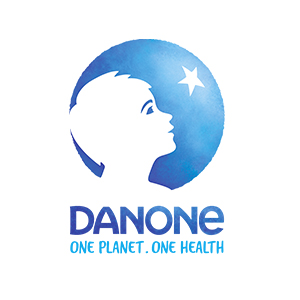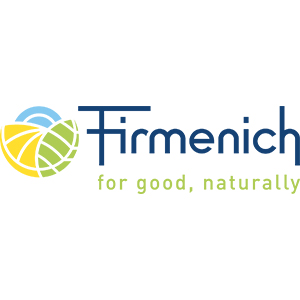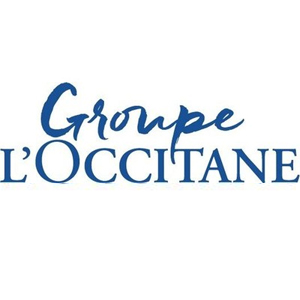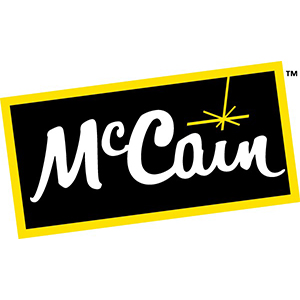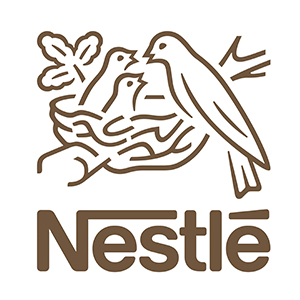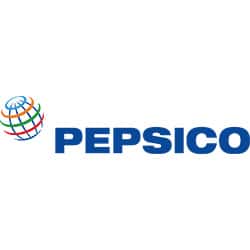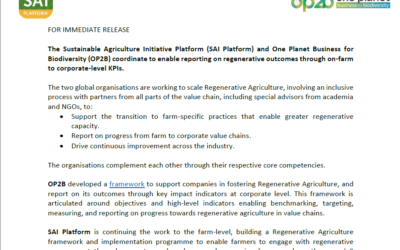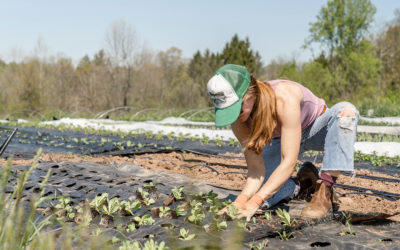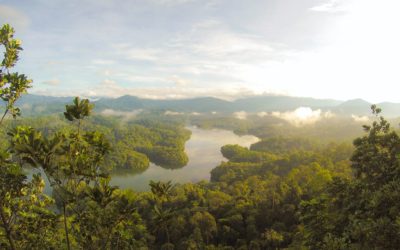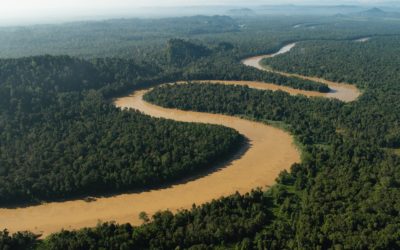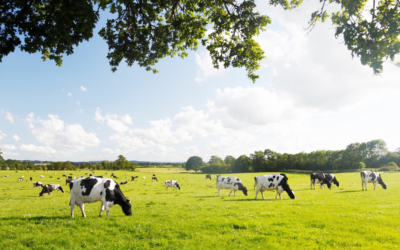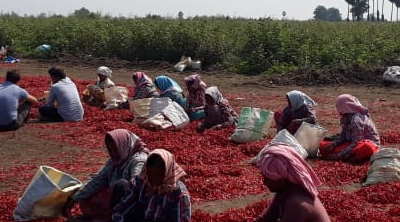Who we are
One Planet Business for Biodiversity (OP2B) is a unique international cross-sectorial, action-oriented business coalition on biodiversity with a specific focus on agriculture, initiated within French President Macron’s One Planet Lab framework, launched at the United Nations Climate Action Summit in New York on 23 September 2019. The coalition is determined to drive transformational systemic change and catalyze action to protect and restore cultivated and natural biodiversity within the value chains, engage institutional and financial decision-makers, and develop and promote policy recommendations for the 2021 CBD COP15 framework.
Actions are focused around three pillars: scaling up regenerative agricultural practices; boosting cultivated biodiversity and diets through product portfolios; and eliminating deforestation / enhancing the management, restoration and protection high-value natural ecosystems.
Knowledge partner

Hosting platform

Biodiversity is threatened and business is stepping up
Biodiversity for food and agriculture is indispensable to food security and sustainable development. It supplies many vital ecosystem services, such as creating and maintaining healthy soils, pollinating plants, controlling pests and providing habitat for wildlife, including for fish and other species that are vital to food production and agricultural livelihoods (FAO).
In many contexts and sectors, increased variability of genes, species and ecosystems is associated with greater biological productivity, resilience and consumer preference. Some examples include: biologically diverse soils are generally more productive for agriculture; crop genetic diversity is a key factor in maintaining disease resistance and yields; diverse tropical forests are locations to find novel genes and compounds pro agricultural, industrial and pharmaceutical uses.
Business relies on biodiversity for:
- The resources they use such as food, fiber, medicinal plants for the food, textile and beauty sector
- Securing a steady flow of ecosystem services, such as pollination of crops, water filtration, waste decomposition, carbon sequestration and climate regulation worth around USD $125 trillion annually
- Healthy and prosperous societies in which to operate
Therefore, transforming our global agricultural model for food, textile and personal care is
Members about biodiversity
How OP2B supports biodiversity & systemic change
Businesses with a strategic agriculture footprint are standing up for an important topic, as agriculture is responsible for 60% of biodiversity depletion. Those companies are determined to work individually and collectively: to take bold action to protect and restore cultivated and natural biodiversity within their value chains; and engage institutional and financial decision-makers, to develop and promote policy recommendations in the CBD COP 15 framework, to be held in China next year.
OP2B members believe collaborative action is instrumental to shift land use and agricultural

Scaling up regenerative agriculture practices to protect soil health
Scaling up alternative farming practices that will leverage the power of plants to keep carbon in the soil (carbon sequestration), increase the capacity of soils to hold water, enhance the resilience of their crops, support the livelihoods of their farmers, and regain the nutrient density of food while decreasing reliance on synthetic inputs. This is what OP2B calls “regenerative agriculture”.

Developing product portfolios to boost cultivated biodiversity and increase the resilience of the food and agriculture models
Increasing the number of ingredients sourced so we are less reliant on just a handful of crops, further developing provenance-based and local sourcing, and expanding the genetic variety of crops grown to regain food diversity and localized biodiversity specificity in agriculture as a powerful lever to protect and nurture biodiversity.

Eliminating deforestation, enhancing the management, restoration and protection of high value natural ecosystems
Defining specific actions within the value chains of OP2B members that can protect and restore the world’s most biodiversity-rich and fragile ecosystems, including grasslands, wetlands
Reporting transparently on progress and impact
While the impact of work from the three pillars of the OP2B coalition will extend through to 2030, its members intend to demonstrate leadership progress by the 2020 Biodiversity COP15. These efforts will include:
- By June 2020: Develop a compendium of systemic, meaningful, measurable solutions that can be implemented by OP2B members in their value chains.
- At CBD COP15: Disclose ambitious, timebound science-based and measurable targets during CBD COP15, together with policy proposals that would help to deliver successful outcomes.
News & Insights
OP2B – SAI Platform press release
These regenerative agriculture trials prove that farming can improve soil health without sacrificing yield
Regenerative agriculture is generally concerned with improving soil health, with the hope that this has positive knock-on effects for the environment. In the context of regenerative agriculture, improving soil health usually means: improving the level of carbon...
What is biodiversity and why do businesses need it to survive?
Biodiversity is a term to describe the huge variety of life on earth. From bacteria to elephants, from shrimp to whales, from daisies to oak trees - all animal, plant, insect and microorganism life makes up the biodiversity of the planet. Biodiversity within...
Actions
Actions map
Interested to learn more about OP2B?
If you are a business that shares the coalition members’ commitment to
For more information on how to join the One Planet Business for Biodiversity coalition, please contact us.




